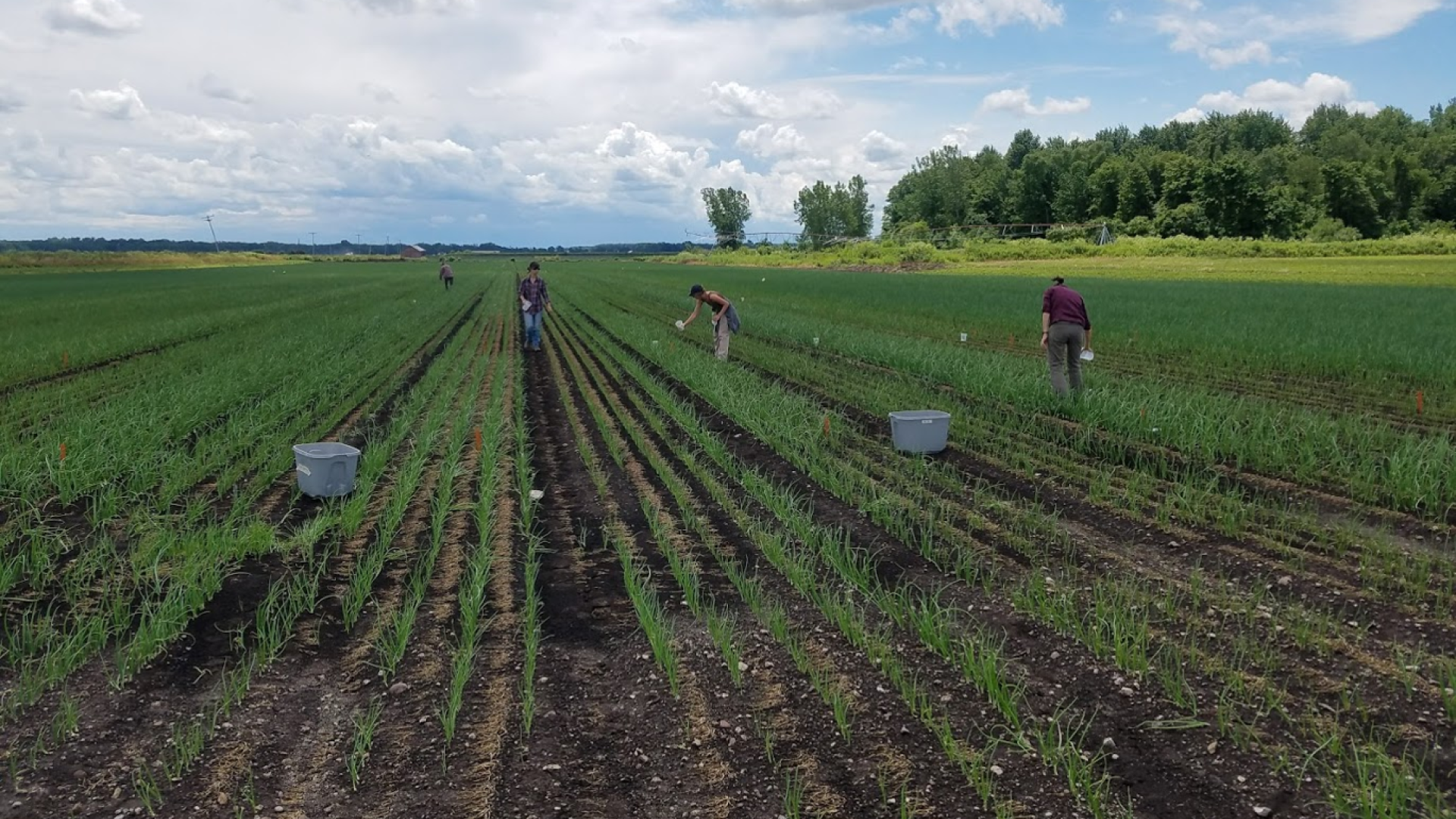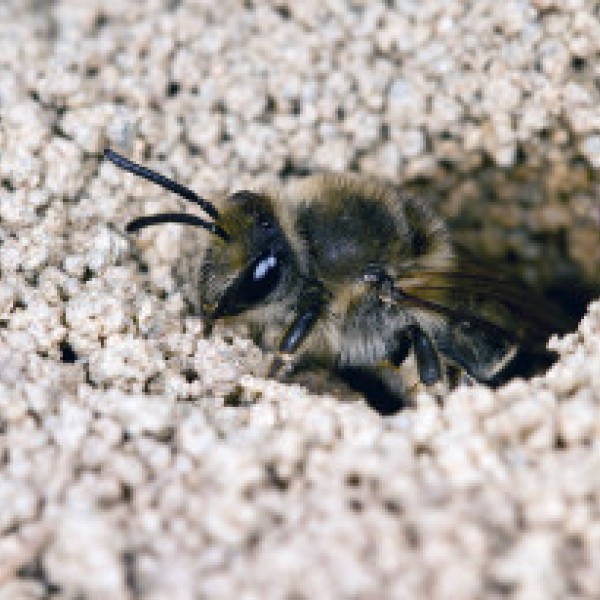In what ways did your experience as a graduate student at Cornell AgriTech shape your current career path?
Cornell AgriTech is an excellent place to pursue your graduate degree. I was fortunate to have a diverse community supporting my research including entomologists, plant pathologists, horticulturists, extension educators and growers. Working within this community, I gained a unique perspective of agriculture that benefitted my research and pushed me to challenge my conventions and research objectives.
What knowledge from your graduate student days at Cornell AgriTech have you most utilized in your current role?
I don’t think there is anything I’m not using! My education helped hone my soft skills as well as my research skills. Furthermore, every skill I either gained or honed while at Cornell AgriTech is still in use in my current position as a postdoctoral researcher at Purdue University.






